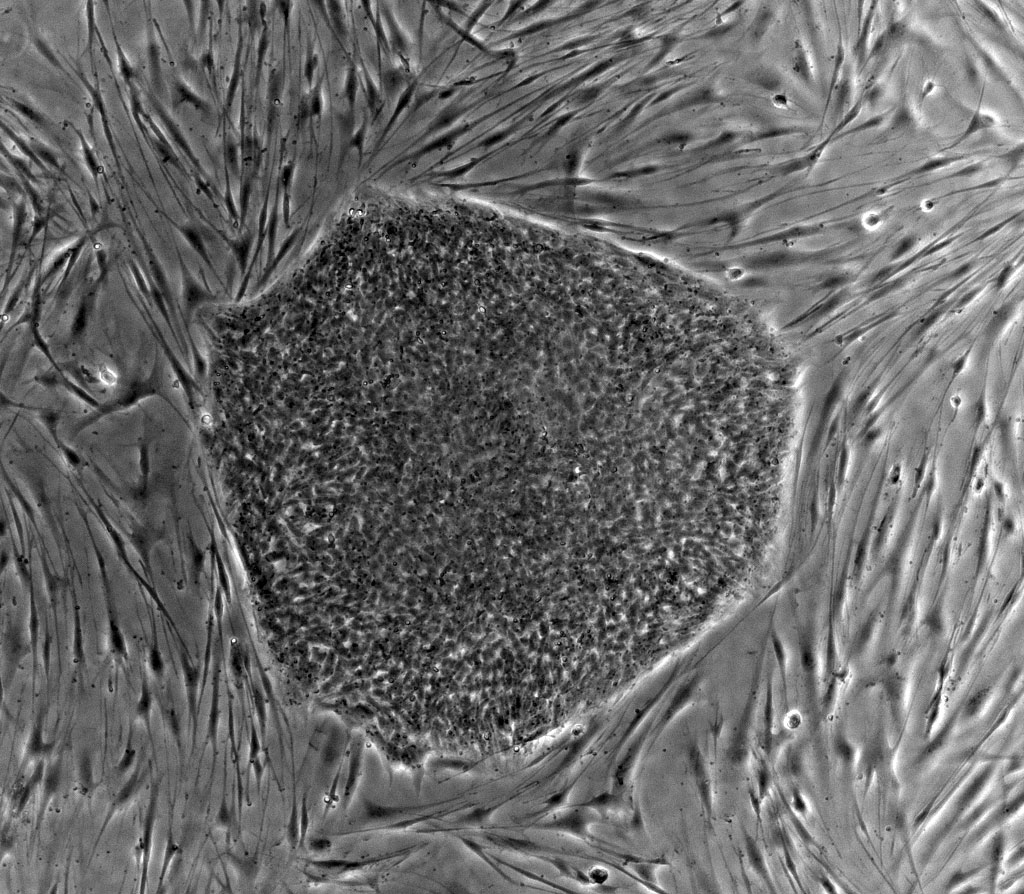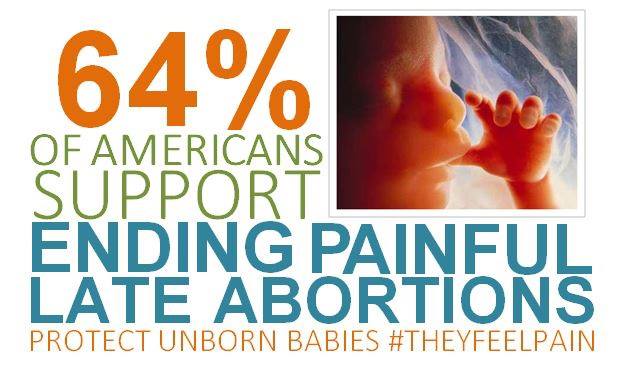The federal government is reversing positions on availability of so-called “emergency contraception” to children. Between new FDA rules and judicial decisions, young girls will be able to buy Plan-B without talking to a pharmacist, getting permission from a parent, or even consulting a doctor; all they have to do is grab a box off the shelf and take it to the drugstore’s cash register.
Planned Parenthood, unsurprisingly, is praising these new developments. There’s a problem, however. There’s seems to be conflict at Planned Parenthood over what emergency contraception actually does.
In an interview with Rob Moritz at Arkansas News, Jill June, CEO of Planned Parenthood of the Heartland, was quoted as saying, “Some people who are talking about opposing access to this make the argument that it really causes an abortion, and that is absolutely false…Every scientist knows that …this prevents conception from taking place and if legislators in Arkansas are confused about that they need to talk to their high school science teacher.”
Here’s the rub: One of Planned Parenthood’s own experts–the world’s top authority on emergency contraception, in fact–stated in an academic review published at Princeton last February that emergency contraception pills can cause a fertilized egg to fail to implant. The drug doesn’t just prevent conception–which is what many people assume, and what Planned Parenthood of the Heartland’s CEO said–but can also prevent implantation.
Planned Parenthood may try to split hairs and say that somehow is not an abortion, but it clearly does more than simply “prevent conception.” I think even a “high school science teacher” would tell Planned Parenthood it should consult its own experts before contradicting them.




